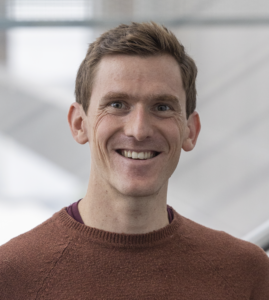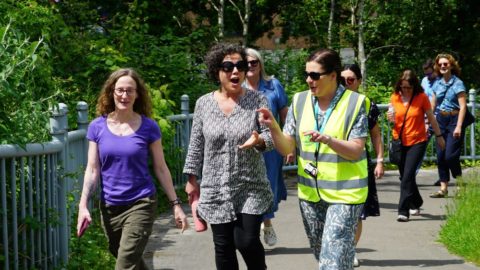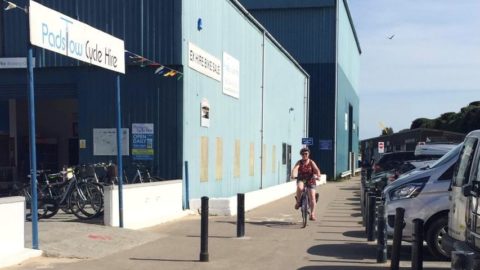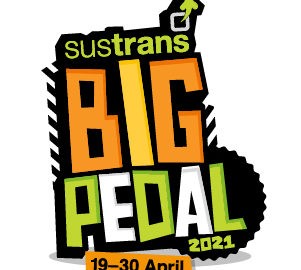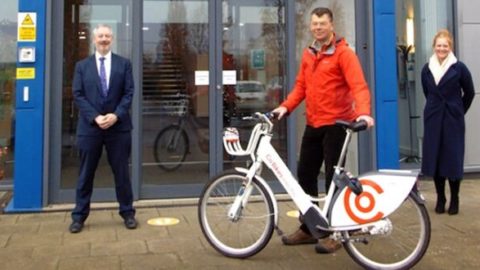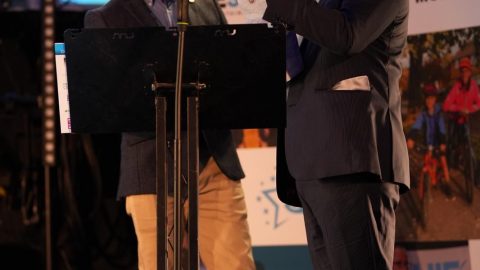Making sustainable travel journeys easier
Author of Transport for Humans, and Bicycle Mayor of Bath – Pete Dyson shares his thoughts on our National Modeshift Convention theme – ‘Making sustainable travel journeys easier’;
Pete Dyson was a member of Ogilvy’s behavioural science practice from 2013 to 2020. In 2020, he joined the UK Department for Transport as Principal Behavioural Scientist, tasked with the Covid-19 response, sustainable behaviour change, and internal capability building. He is the author of Transport for Humans (with Rory Sutherland).
Our transport systems should adapt to us, not the other way around.
‘As well as making sustainable travel options more motivating, we also should re-double our efforts to make them so much simpler to choose and easier to use.
That means facing up to countless pain-points and pitfalls that make a journey difficult: difficult signage, navigation, routes, timetables, tickets, poor data signal, lack of seating, inaccessible infrastructure and much more.
And since most people want simple, reliable and easy ways to travel, all this helps our initial efforts to make travel more appealing.
A world of easier travel has end-to-end benefits; it frees up time in planning a journey, it makes the time spent travelling more useful and meaningful, it means we arrive fresher to our destination.
Change is hard, but we can do it
Change is hard, understanding what people find difficult is the first hurdle, then creating solutions and making the business case for investment is trickier still.
What’s the value of better bus shelter? Of live departure information? Of integrating timetables? Of providing uninterrupted data and Wi-Fi signal?
My talk at the National Modeshift Convention will apply insights from psychology and behavioural science can tell us about travel experience, what people value and how we can test new approaches. Rather than treating people like cargo, to be moved from A to B, I will explain how travel choices are influenced by personal factors like habit, desire, accessibility, comfort, ease and affordability.
What can we do about this? With examples from public and active transport, this presentation will pose new questions and share insights from the behavioural and social sciences. From small nudges to big systemic changes, there will be implications for transport operators, local transport policies, and trip-generating organisations like schools, hospitals, and employers.’
Transport for Humans: Are We Nearly There Yet?
Engineers plan transport systems, people use them. But the ways in which an engineer measures success – speed, journey time, efficiency – are often not the way that passengers think about a good trip. We are not cargo. We choose how and when to travel, influenced not only by speed and time but by habit, status, comfort, variety – and many other factors that engineering equations don’t capture at all.
This is the moment. Climate change, the coronavirus pandemic and changing work–life priorities are shaking up long-held assumptions. There is a new way forward. This book – Transport for Humans: Are We Nearly There Yet? maps out how to design transport for humans.

